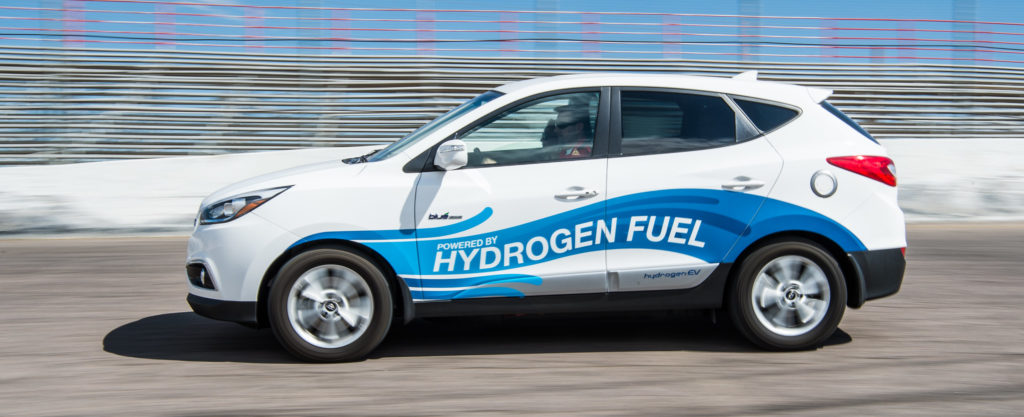The Peninsula
Climate Change Mitigation and Job Growth Go Hand-in-hand
Published March 25, 2022
Author: Sarah Marshall, Korea View
Category: Current Events, South Korea, Economics

The city of Chungju recently opened a hydrogen vehicle charging station that runs on food waste. This taps into South Korea’s elaborate food waste disposal system, which uses food scraps to feed livestock and generate biofuel. The charging station is one aspect of the country’s Hydrogen Roadmap. Launched in 2019, it sees the transition to hydrogen as a driver of innovative economic growth and job creation while also reducing greenhouse gas emissions.
South Korea’s leaders have long supported programs aimed at tackling both climate change and slowing job growth. Soon after taking office in 2008, President Lee Myung-bak launched a Low Carbon Green Growth initiative to decouple economic growth and fossil fuel use through competitive investments in green technology. In 2020, President Moon Jae-in announced the Green New Deal, which commits close to USD 50 billion to reach net-zero carbon emissions by 2050 through investment in green infrastructure, such as zero-energy buildings, and green technologies like electric vehicles. During the pandemic, the project was framed as an economic stimulus package aimed at creating 659,000 jobs by 2025.
The framing of environmental initiatives primarily as job-creating endeavors reflects leaders’ understanding of widespread grievances among voters. Youth unemployment has been a persistent problem in South Korea, with February’s rate at 6.7%, up from 5.7% in January. While South Korea’s approach of simultaneously tackling climate change and economic stagnation through green infrastructure projects is potentially a model for other nations struggling with similar issues, the success of such projects will be determined by results: verifiable job growth and carbon emissions reductions.
This briefing comes from Korea View, a weekly newsletter published by the Korea Economic Institute. Korea View aims to cover developments that reveal trends on the Korean Peninsula but receive little attention in the United States. If you would like to sign up, please find the online form here.
Korea View was edited by Yong Kwon with the help of Kayla Harris, David Lee, Sarah Marshall, and Mai Anna Pressley. Picture from the flickr account of National Renewable Energy Lab
